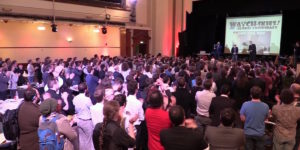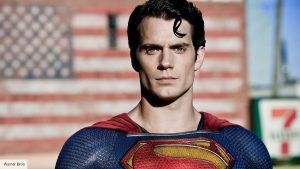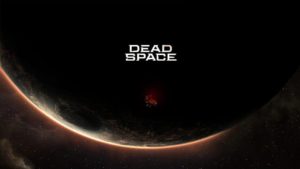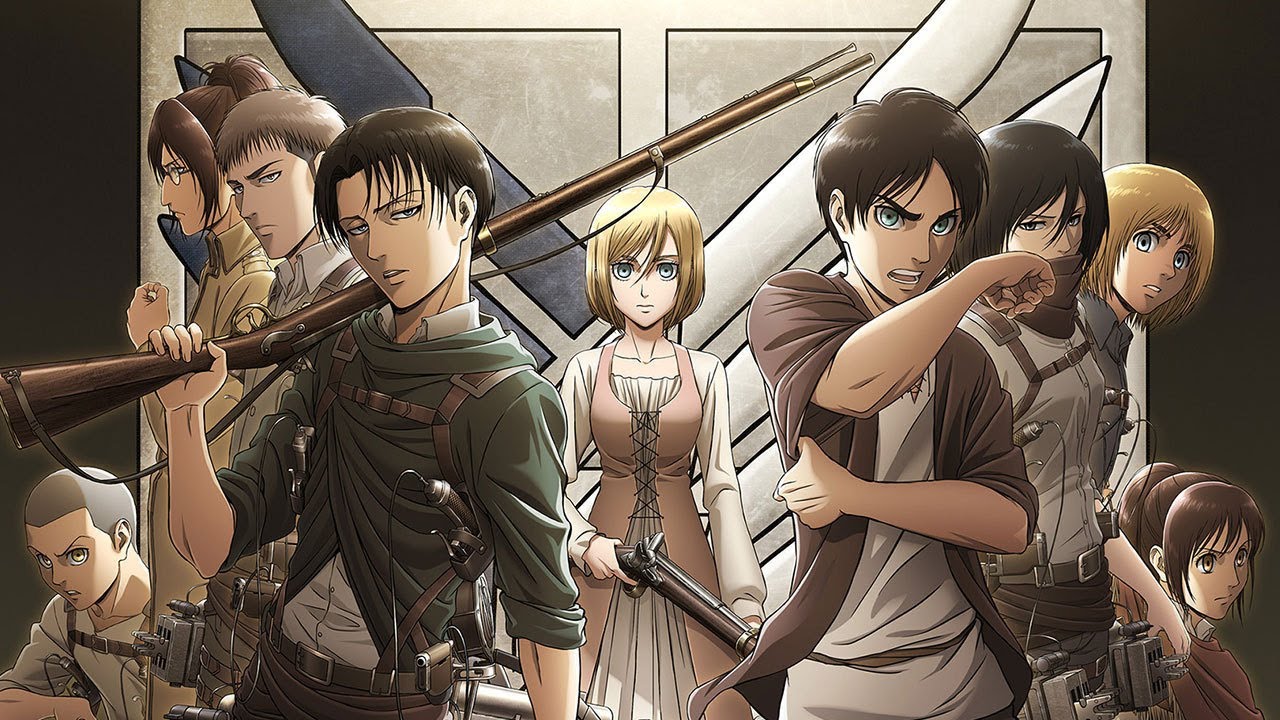
WARNING: Spoilers for the Attack on Titan Anime
Attack on Titan is one of those few monolithic anime that has a great deal of global cache, capitalizing on the inherent widespread appeal of its post-apocalyptic premise. Due to this it has become something of a gateway series, introducing many to the crazy world of Japanese cartoons, accruing a massive dedicated fan base in the process. But to be honest, despite its popularity, I’ve had a hard time connecting with Attack on Titan on a personal level. Sure, it’s filled with exciting Sakuga, as the scouts perform absurd acts of acrobatics to narrowly avoid the clutches of the carnivorous titans. The premise is engaging, the setting is unique, and there are plenty of defining moments that capitalize on portraying the dire state of this world. However, it is also defined by core aspects that have made it very hard for me to fully engage, namely its numbing “everything turned to 11” tone/direction, its three wooden core characters, and its painfully paced mystery beats. While it seems to be a common opinion among manga readers that the stretch of the story that makes up Season 3 is among the weakest, the adaptation has managed to address some of my previously mentioned problems, hopefully representing an important pivoting point for the future of the story. Here are my main issues with the show thus far, and how Season 3 has rectified, mitigated, or not addressed those concerns.
Frustrating Pacing and Lack of Suspense Around Its Mystery Beats
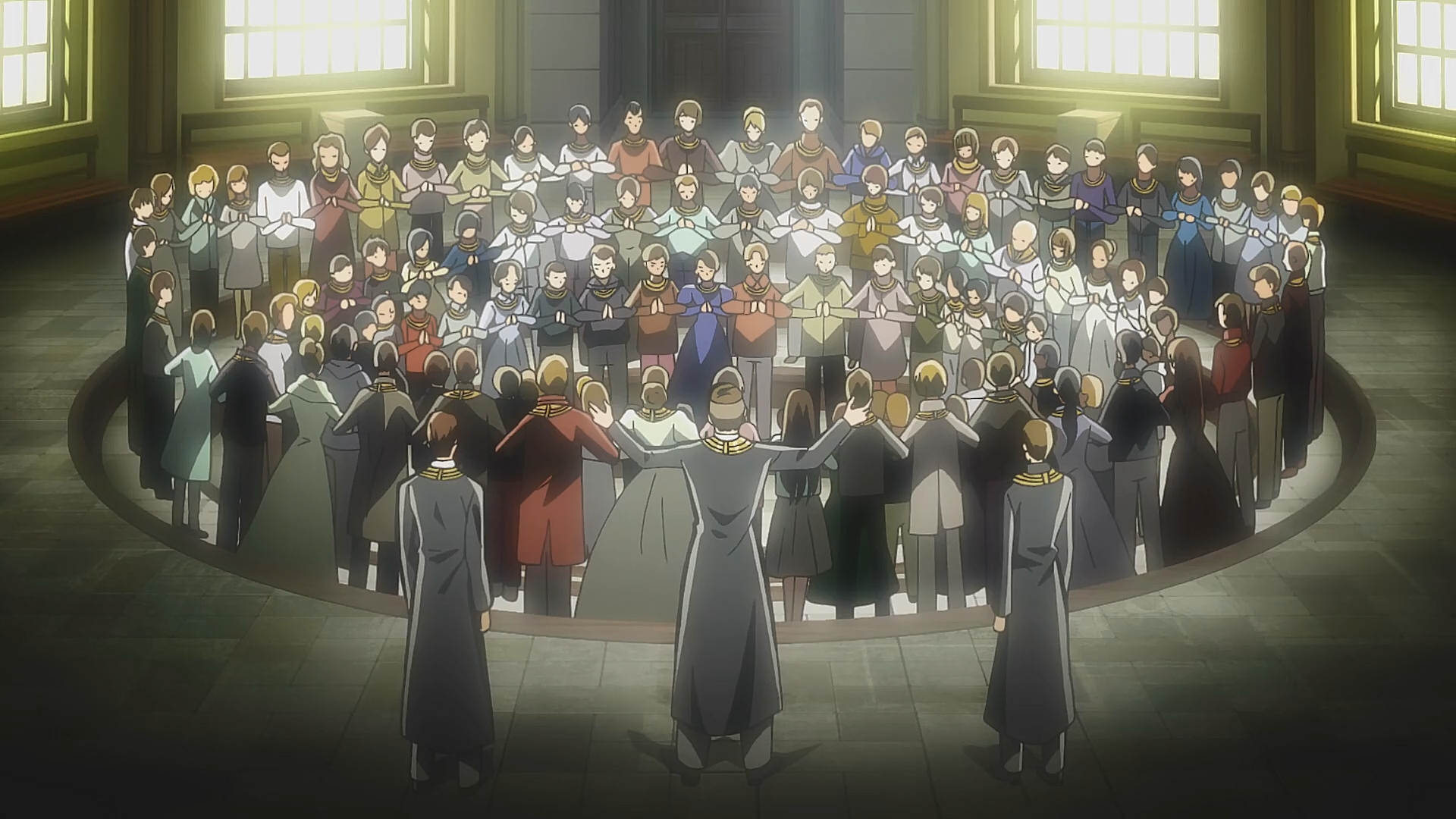
Sometimes I feel as though there is a misconception that simply by obfuscating important information from the audience, tension automatically arises and the fan base becomes eager to learn the answers. The world of AoT is so specific and seemingly arbitrary that questions begin to pop up without the need for prompting. What are the Titans actually, and why do they exist? How did humanity build the walls to escape the Titans in time? Are there other societies, and other humans elsewhere in the world dealing with the same invasion? And then throw in additional questions that are raised directly, like what’s the significance of Eren’s father, their basement, or what is the secret behind the shadowy ruling class?
The last few episodes of Season 1 and much of Season 2 confusingly introduce the presence of an undeveloped conspiracy. The attempted cliffhanger of a Titan being embedded in the city’s walls, and the fanatical cult that relates to the walls is undercut by a general lack of information. In maintaining suspense there is a delicate balance between revealing too much and too little, the former making twists obvious, and the latter making things too vague to care about. The latter was the issue with the suspense oriented subplots of earlier episodes, as a lack of information made most attempts at crafting theories into a convoluted mess. My biggest problem with Season 2 in particular is how it drags out these mysteries, revealing little, and bogging down the main plot. Luckily, it was partially redeemed by some fun reveals, as well as some great character development around its extended cast, but many of these mystery threads were grating.
The latest season has addressed some of these problems, granting much more information without spoiling the nature of the underlying forces at play. We are now informed about the methods through which the masses have been brainwashed, the nature of the royal family, part of the motivations of Eren’s father, and have been given much more context to understand the royalist’s desire to maintain the status quo. As opposed to vague allusions to Titans dwelling inside the walls and completely hidden cults, we now see that the last of humanity has been bound by a supposedly enlightened despot, whose powers are passed from one vessel to the next. Because this is all out in the open, the latent thematic context is revealed as well, forcing us to decide if the Reiss family’s actions are noble, showing a willingness to sacrifice for the utilitarian good, or if their rule is unjustified. When secrets are revealed, a work is forced to show what it is actually about, something that Attack on Titan had delayed for too long. That may be an overstatement considering that there are still many secrets, such as what the chosen member of the Reiss family actually knew, what the secret of the Titans is, and what created this dire world, but there is now enough information out there to at least partially engage in these mysteries.
Wooden Core Cast

The central cast of any work is its emotional anchor; the physical embodiment of whatever trials will make or break our protagonists. Season 1 provided the background context for our main characters, which comprises of Eren, Mikasa, and Armin, three childhood friends who decide to become scouts after their hometown is decimated during the fall of Wall Maria. This trio’s extreme backstory has lead to extreme characterizations, with the three each essentially just embodying a single emotion for most of story thus far. Eren is a being of pure revenge, propelled entirely by the desire to kill Titans to avenge his dead mother. Mikasa is slavishly dedicated to protecting Eren, her loyalty entirely consuming her and coloring all of her motivations. While Armin has developed the most, he is still largely driven by fear and self-doubt. These three were so dull that during the second season, and the start of the third, the plot almost entirely shifted away from them, focusing on presenting the backstories of the rest of the scout regiment. While this improved the second season, it basically kicked the can down the road, as it’s hard to tell a story without resolving the arcs of the protagonists.
But Season 3 has begun to address this, in part by granting Eren a greater range of emotions, motivation, and vulnerability. This trend climaxes in episode 44, where Eren, realizing the source of his power and that the end of his life could save the world, consigns himself to be consumed by Historia. He breaks down, seemingly realizing that his endless quest of revenge is short sighted, and that the general good of humanity is more important. It’s a moment where his character is more motivated by intense guilt and notions of self-sacrifice, than his usual two dimensional boiling rage. While the cathartic conclusion of Season 2 was an immensely satisfying power-fantasy moment, this episode offered room for growth, as Eren found himself at literal and figurative rock bottom. When in episode 46, he gazes back at the denizens of the Orvud District, his childhood friends by his side, and swears to protect the members of the city, it’s clear that his motivations have largely shifted from the desire to kill all Titans, to the desire to protect humanity.
I’m still waiting for Mikasa to receive a similarly rewarding arc, but Armin has already had a few moments to face his cowardice head-on, hopefully meaning that the third member of the trio will eventually be able to live a life not completed devoted to another person.
Tone and Style of Direction

However, my biggest issue with the series is its tone and general style of direction. This can largely be attributed to the Series/Chief Director, Tetsuro Araki, who is well known for his explosive, over the top method of storytelling. His other works, Death Note, High School of the Dead, Kabaneri, and Guilty Crown are all held together through sheer propulsion. This style puts pacing, plot, and action above careful characterization or subtly. Death Note is often made fun of for its potato chip scene, which is probably a case of Araki being self-aware about his aggressive direction, but regardless it works as a perfect encapsulation of how his series come off. They’re loud, they don’t really care about articulate characterizations, and they’re entirely predicated around the premise, tension, and genre-trappings.
I honestly have no problem with this on its own, but it feels like such a large part of AoT Season 1 is dedicated to trying to dramatize Eren and his friend’s journey, while much of Season 2 tries to develop an underlying conspiracy that doesn’t give us enough to bite onto to maintain suspense. The previously discussed issues are exacerbated by the fact that every time a character is given a backstory, every individual aspect of their existence is framed in the most melodramatic way possible. This is unfortunate because while I think much of the characterization in Season 2 works, it is frequently undercut by the fact that AoT is almost completely inept at portraying subtle emotion. The stakes are always as high as possible, with characters glibly performing acts of torture and murder without a second thought in shallow attempts at shock value and juvenile edge.
And without good characters or a compelling message complete emphasis is put on action, story-beats, and genre-framings, which I also think the show has bungled quite frequently in the past. Luckily, this has changed somewhat with Season 3. Over the last two seasons the characterizations have become more nuanced, particularly around Eren, and the side characters. Enough of the mystery has been revealed to begin to piece together what the fundamental underlying disagreements that these people are fighting over are, and this makes it easier to be invested in the last few core mysteries. The thing that has kept me watching this long is AoT‘s ability to create unexpected bombastic moments that frequently deny the heroic tropes found in other works, and these are now being bolstered by more complex portrayals of the characters. While of my three main gripes with the series, I feel as though the tone problem is the one least likely to change, after all AoT is set in a violent world full of life and death stakes, but the steady development of the cast makes it easier to connect with the barrage of insanity.
In some ways Attack on Titan clearly isn’t targeted at certain priorities in storytelling. It’s core cast is still somewhat thin, its drama has the subtly of a sledgehammer, and large sections are questionablely paced. But despite this, I’ve kept watching, and mostly don’t regret it. It’s trademark big moments, animation highlights, and general popularity have kept me going through portions I didn’t entirely enjoy. Each of the seasons has given me something to latch onto, from the striking premise and well orchestrated dire turns of Season 1, to the thorough characterizations of the side cast in Season 2, to the latest season’s ability to convincingly unveil some of the secrets of this world and develop Eren as a more engaging protagonist. While Attack on Titan will likely never be counted among my personal favorites, I think the latest season has addressed many of it’s core problems, an unexpected turn for a series that is almost 50 episodes into its run.

